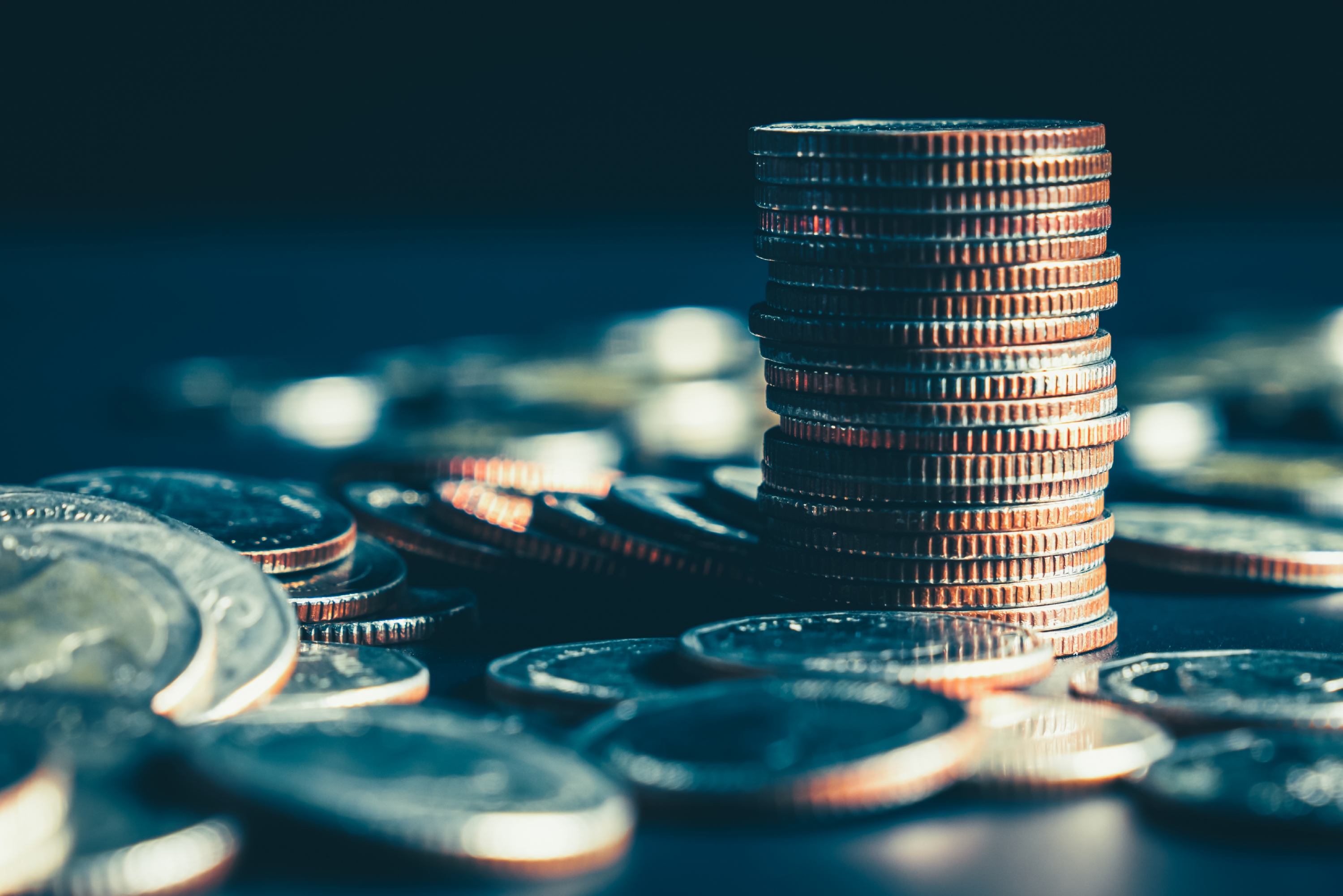As seen in Crain's New York Business
With the lifting of most COVID restrictions in the past year, the domestic hotel industry has seen a recovery in revenue generated primarily by leisure business fueled by U.S. tourists. While business travel has been reduced by continuing health concerns, virtual meetings, budget concerns and inflation, pent-up tourism demand has generated a modest recovery in what’s known as hotel revenue per available room.
People are starting to feel that it’s safe to go out and enjoy the world again. The McKinsey U.S. Summer Travel 2022 survey indicated that 68% of those polled said they were going to be traveling for fun, “no matter what.” American Express (AmEx) earnings and forecasts, a leading indicator of tourism spending, increased throughout the year with the surge in tourism. AmEx also raised its annual forecast by 5%. As for New York City, various reports show domestic tourism levels approaching 90% of pre-pandemic levels. International tourists are also coming back, with reported levels of tourists in the city during the summer double the level of the summer of 2021.
Unlike many prior dramatic demand dips in the hotel industry, which proved to be transitory in nature, the pandemic was like no other. Even after the devastating events of Sept. 11, which temporarily halted all travel, the pause proved to be relatively short, and the domestic hotel industry rebounded with record hotel revenue per available room and transaction prices throughout the mid-2000s. As difficult as the Great Recession was, a certain level of both business and leisure travel continued despite economic hardship between December 2007 and June 2009. The hotel industry was able to cut back on staff and services, close wings, and work out debt with lenders. Fast forward to a few years later, and once again the industry rebounded with hotel revenue per available room booming from all segments.
The pandemic shutdown was much different. It lasted for almost two years in many markets. Restaurants, bars, airlines and other public spaces either closed for a time or dramatically abbreviated service models to comply with rapidly changing government regulations. People were concerned about their health and safety, and visiting public establishments posed potential risks.
Other factors included reluctance to travel abroad or on cruises. Both of these alternatives, which are normally competitors for the U.S. hotel leisure dollar, have had restrictions, which led tourists to look closer to home.
As mentioned, many people adopted a new way to work. Traveling to the office (much less a meeting in another city) every day was no longer necessary. This is not likely to change, although some (if not most) of that business will come back as face-to-face meetings become a “special” way to hold a meeting. Also, group outings, such as conferences and holiday parties, are already starting to come back.
Leisure travelers helped businesses in the hospitality marketplace rebound immensely. Pent-up demand led many leisure-driven markets to recover to pre-pandemic levels. Apparently motivated by money put into the economy and their pockets by the federal government, many people could not wait to get out and enjoy themselves after being virtually chained to the environs of their own homes. Fueled by these factors, many casino resorts had record revenues in 2021. Further, the advent of business and leisure (bleisure) travel has bloomed. Many travelers are working at least some business into a leisure trip and vice versa. Perhaps a nonworking spouse or children can join, and a trip can be extended.
Tourism data continues to be positive. United Airlines reported that “summer’s blistering pace” is continuing into the fall. There are even signs of activity exceeding pre-pandemic levels as U.S. travel surpassed 2019 levels over the Labor Day weekend. New York City hotels were booked through Labor Day weekend with an occupancy rate around 95%.
Nevertheless, the skies are filled with uncertainty. Risks may be on the horizon.
Future risks
Most of the federal programs that fueled the economy have ended. International travel and even cruises are more acceptable as alternatives to domestic tourism. With interest rates increasing dramatically and stock markets in flux, a recession may be around the corner. All of these factors could lead to a more “normal” pullback in leisure business like those in earlier downturns.
Another major risk factor is the continuing labor shortage. Like many other industries, hotels have had a tough time finding enough staff for many positions. For example, many hotels could only provide housekeeping services upon request. This labor scenario could result in reduced leisure business for two reasons. First, if the experience becomes less enjoyable, people will travel less. Second, labor shortages increase the cost of staffing, leading to rate increases, which could further deter people and businesses from travel.
Deferred capital expenditures pose an additional danger factor. Many properties deferred capital expenditures for several reasons. First, there was a lack of cash flow to fund projects. Second, continuing supply-chain issues delayed many projects. Commencing new projects often requires several rooms or whole wings of a hotel to be taken out of service for weeks or months at a time, disrupting operations just when revenue has started to come back.
So, what are prudent hoteliers to do? With luck, many are just getting over the worst period of their careers—they should do everything to maximize short-term profits. They should make sure they have an adviser or certified public accountant familiar with the hotel industry to help them evaluate their cost structure, minimize their taxes, and take advantage of continuing government pandemic programs, such as the Employee Retention Credit. They should try to either plan or implement some or all of those deferred capital expenditures. Perhaps they can refinance before interest rates get too much higher.
Most important: They should stay close to their customers. If things get more competitive, loyalty is going to be a significant differentiator in helping them continue to attract those tourists and convince them that, yes, it’s safe to go out and explore the world again.
For more information on how Citrin Cooperman's Restaurants and Hospitality Practice can help your business, reach out to Lawrence Cohen at lcohen@citrincooperman.com.
Related Insights
All InsightsOur specialists are here to help.
Get in touch with a specialist in your industry today.




